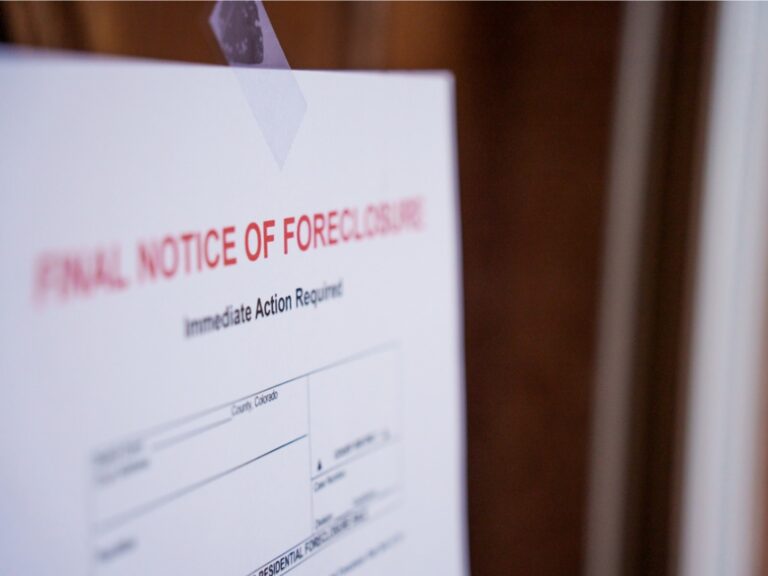Court Nullifies Property Transfers After Foreclosure Proceedings
October 10, 2024

Anyone wondering about the finality of foreclosure proceedings and what they mean for property transfers should look into the recent ruling in Almonte et al v. Palma et al, as Steven M. Herman and Andrew Powers write in a post on the Cadwalader firm’s website.
The lawyers analyze a recent decision from the Supreme Court of Westchester County, New York that the doctrine that applies the doctrine of res judicata (a matter judged). The court ruled that a lender cannot challenge the validity of a borrower’s property transfers if the claim occurs after a foreclosure order.
The facts are complicated by the numerous transfers after the lender, Luis Almonte, loaned $220,000 to Medardo Palma and Victor Abreu to buy a property through Avaar Advisory Group, Inc. As security, Palma and Abreu pledged their 100 percent ownership of Avaar to Almonte, and delivered the stock certificate.
Avaar purchased the property. Palma and Abreu asked Almonte not to record a mortgage against it so they could avoid the mortgage recording tax. Almonte said ok.
That initiated a bewildering series of transfers and mortgages, in which Palma claimed to be President of Avaar, and secured loans using the mortgages as collateral. The last of these resulted in an attempted foreclosure.
Almonte and Avaar were served, but did not appear. There was a default judgment, and the property was sold at auction.
Almonte and Avaar commenced an action to set aside one of the 2017 transfers, and to have all the subsequent transfers and mortgages determined null and void because Palma had ceded ownership in Avaar to Almonte, and couldn’t legally execute documents for Avaar.
The questions before the court were whether the ownership of the property had been determined in foreclosure, and whether the plaintiff had an opportunity to litigate the question of ownership.
The plaintiff did not appear, made no attempt to stay the foreclosure or renew the pendency of the foreclosure. The court ruled that plaintiff’s claims were barred by the doctrine of res judicata.
The authors call this an example of the finality of foreclosure proceedings, and note that if ownership disputes and claims could survive a foreclosure, “chaos would ensue, and real estate markets would freeze due to uncertainty.”
Critical intelligence for general counsel
Stay on top of the latest news, solutions and best practices by reading Daily Updates from Today's General Counsel.
Daily Updates
Sign up for our free daily newsletter for the latest news and business legal developments.




